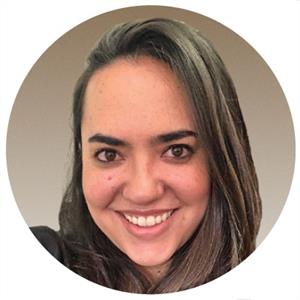The Alan F. Wohlstetter Scholarship Fund in the USA (AFWSF), the organisation that provides scholarship funding to students to encourage their participation in the moving industry, has recently announced a change in strategy to make it more effective in its long term aims.
 Here, Steve Jordan talks to Maria Andrea Rodriguez Echeverry, Chair of AFWSF, to find out more.
Here, Steve Jordan talks to Maria Andrea Rodriguez Echeverry, Chair of AFWSF, to find out more.
The AFWSF was set up 21 years ago in the name of Alan F. Wohlstetter who was passionate about maximising the potential of talent within the industry. Since then, it has awarded over 110 scholarships of US$5,000 to help students from all countries to advance their careers by developing the necessary skills and, perhaps, one day mange their own companies. The main conditions for applying have been that the student must have worked in the transport industry for at least one year or completed 45 hours of college or university study.
But, according to Maria, this model has proved to be less successful in recent years with the fund struggling to find the targeted ten suitable candidates every year. “We are just not seeing the students applying,” she explained. “Some of those who do apply never come into the industry."
So to provide a wider spread of influence within the industry the AFWSF has more recently cooperated with IAM Learning, FIDI, LACMA, EuRA, and WERC to introduce its Industry Training Program (ITP) through which students, from IAM member companies, may each apply for US$500 annually towards the cost of relevant industry training courses. Since its introduction, the ITP has been awarding US$22,000 a year for this purpose.
Despite the success of the ITP, the AFWSF decided to bring in the experts to help with longer-term strategy, so contracted McKinley Advisors to provide inspiration. The new strategic plan has recently been passed by the Board. Maria explained that the organisation will now be focussing on three main objectives: attracting new talent, retaining talent in the industry, and furthering the training of that talent. To do that, changes need to be made.
“We know that we will need to create strategic partnerships,” she said. “For example, we need to develop meaningful, impactful content to help with training and we are not creators of content. We are also not just ‘the bank’. We must see value in what we're doing. We want to help new people into the industry and help them find internships and permanent positions.”
Maria also believes that the way in which the US$5,000 scholarship payments are made needs a rethink ...
Photo: Maria Andrea Rodriguez Echeverry.